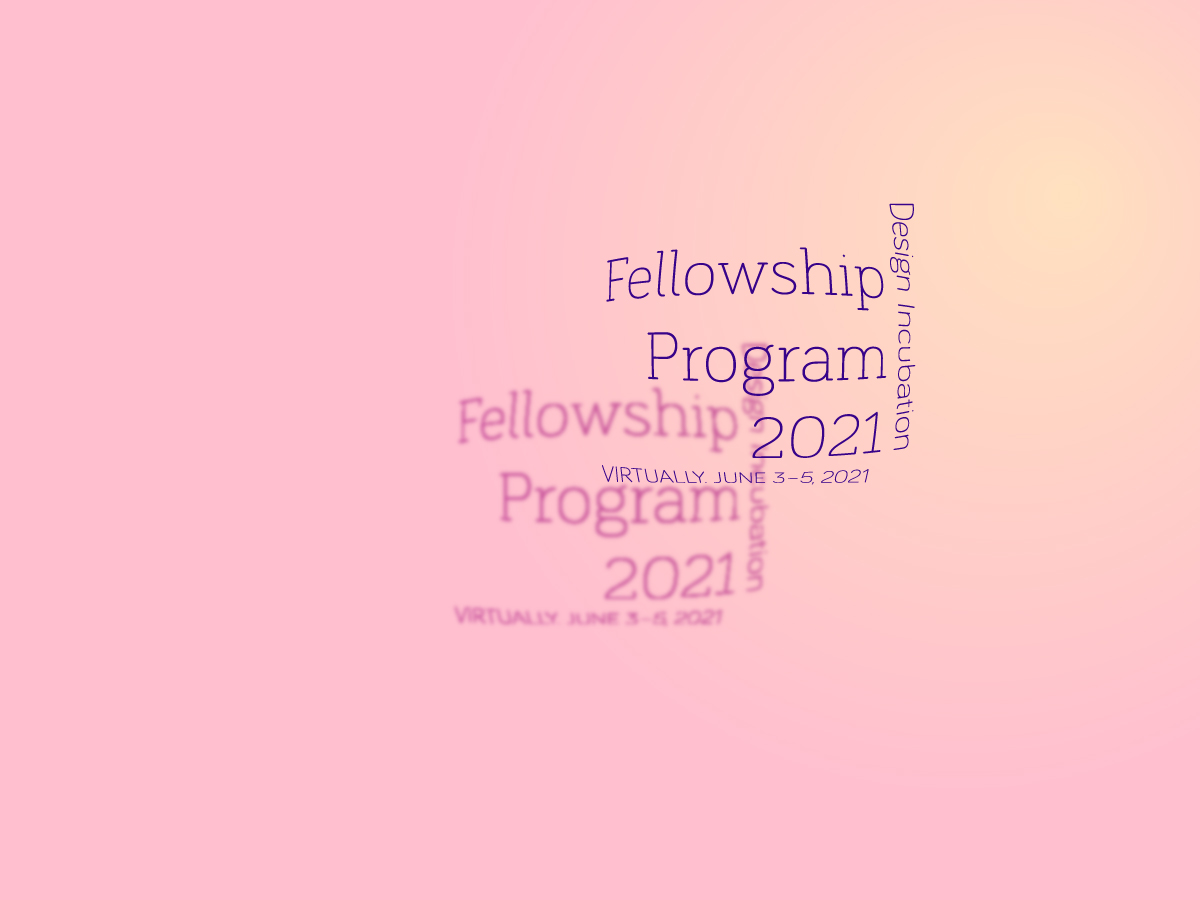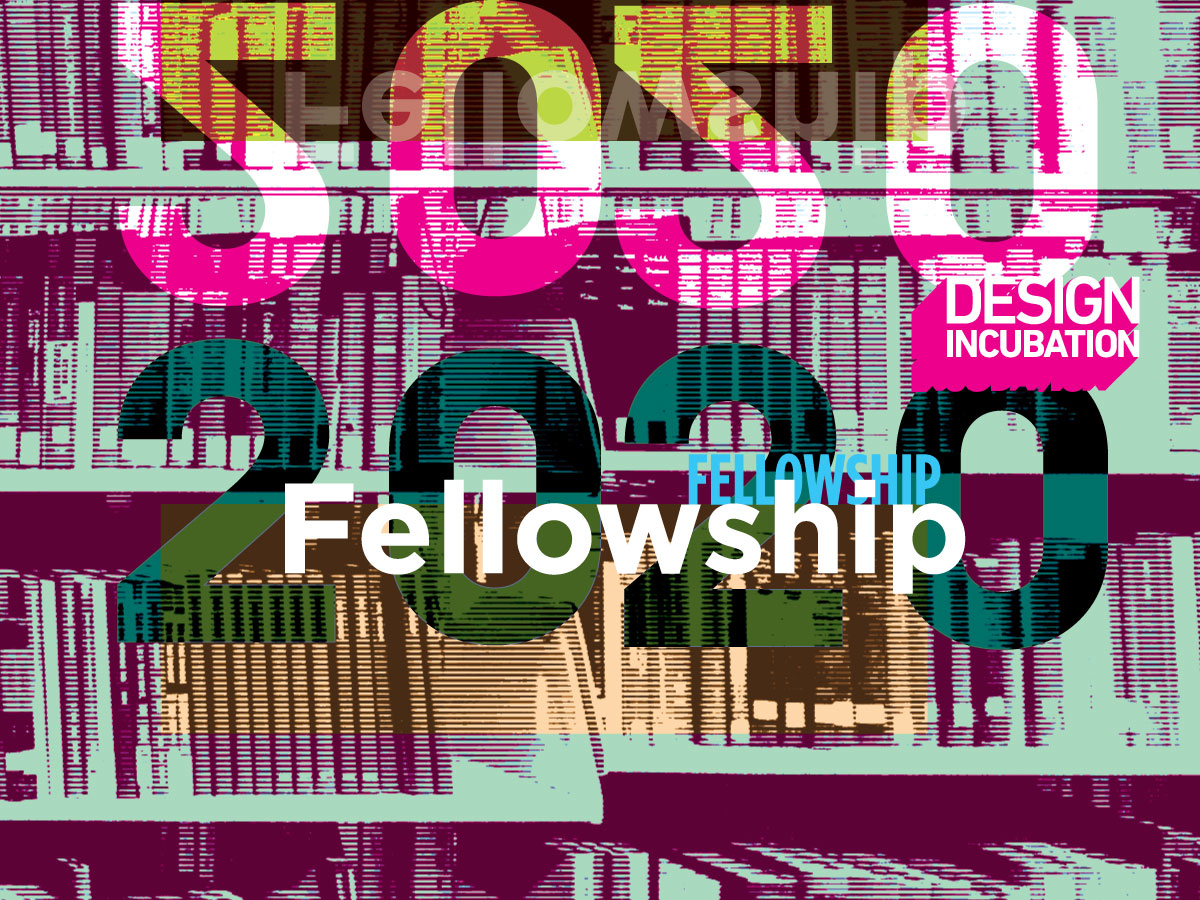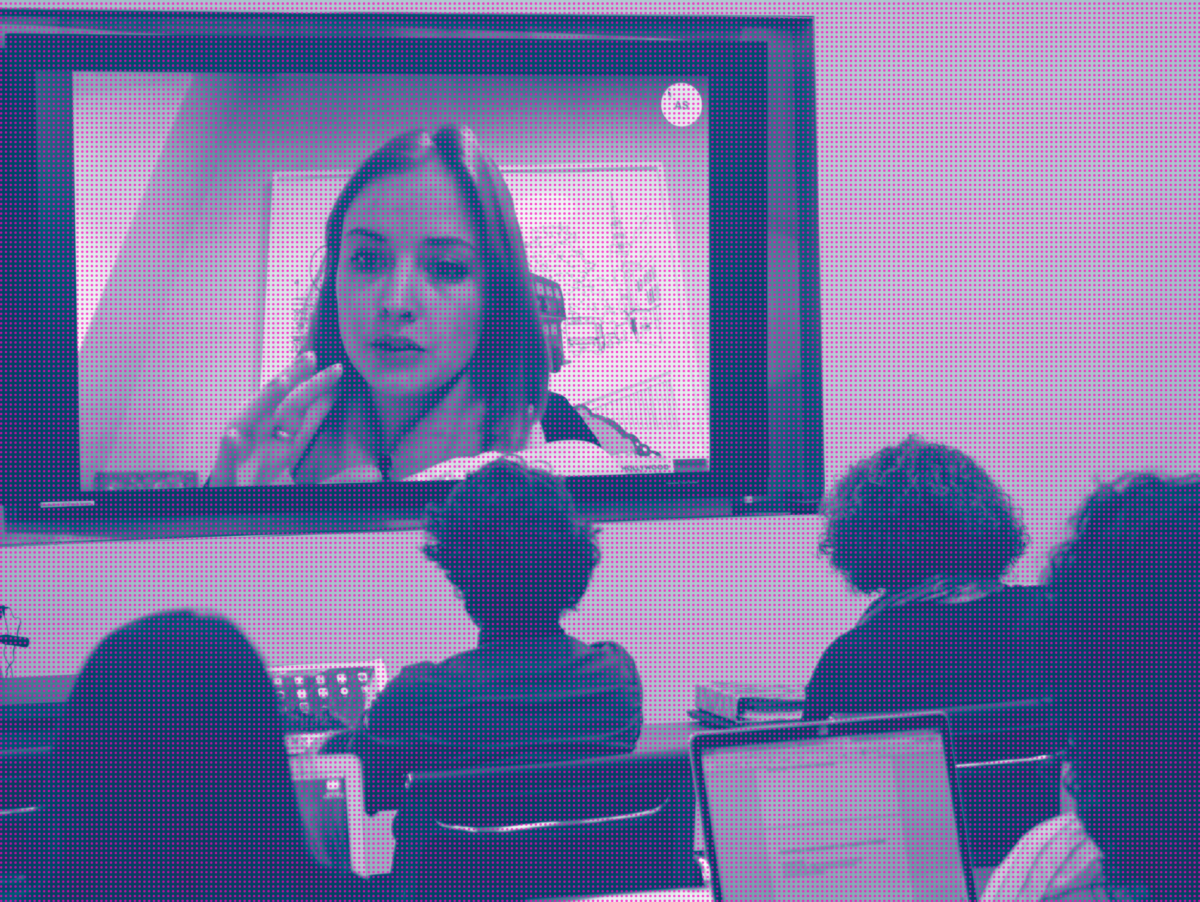Day 1
Thursday, June 3, 2021
| 10:00am–11:00am | Introductions + Icebreaker |
| 11:00am–12:00pm | Live Q&A: Submitting a Book Proposal/Manuscript with Louise Baird-Smith |
| 12:00pm–12:15pm | Mini Break |
| 12:15pm–1:30pm | Exercise: What, Why, and How We Write |
| 1:30pm–2:30pm | Lunch (on your own) |
| 2:30pm–3:15pm | Presentation: Where Writing Meets Publishing Aaris Sherin |
| 3:15pm – 3:30pm | Mini Break |
| 3:30pm – 6:30pm | Workshop: How to Think and Talk About Writing Maggie Taft |
Day 2
Friday, June 4, 2021
| 10:00am–10:30am | Part 2 of How to Think and Talk About Writing Maggie Taft |
| 10:30am–12:45pm | Group Sessions |
| 12:45pm–1:45pm | Lunch (on your own) |
| 1:45pm–3:30pm | Group Sessions |
| 3:30pm–3:45pm | Mini Break |
| 3:45pm–4:30pm | Writing for Journals with Visible Language |
| 4:30pm –5:30pm | Presentation: Public and Academic Scholarship Liat Berdugo |
| 5:30pm –6:30pm | Writing for Journals with Design and Culture |
Day 3
Saturday, June 5, 2021
| 10:00am–11:00am | Presentation: A Life in Writing: Contracts, Agents and Monetary Consideration Robin Landa, Distinguished Professor, Kean University Author over twenty books |
| 11:00am–1:30pm | Group Sessions |
| 1:30pm–2:30pm | Lunch (on your own) |
| 2:30pm–4:30pm | Group Sessions |
| 4:30pm–6:00pm | Sharing Session / Wrap Up |
2021 Design Incubation Fellows
Articles Track
Arlene Brit, Associate Professor, Minneapolis College of Art and Design. Minneapolis, Minnesota
Lisa Elzey Mercer Assistant Professor, University of Illinois Urbana-Champaign. Urbana-Champaign, Illinois
Katie Krcmarik, Assistant Professor, University of Nebraska-Lincoln. Lincoln, Nebraska
Shreyas Krishnan, Assistant Professor, Washington University. St. Louis, Missouri
Gurkan Maruf Mihci, Assistant Professor, Indiana University–Purdue University. Indianapolis, Indiana and Ph.D. student, Ozyegin University, Istanbul
Omar Sosa-Tzec, Assistant Professor, San Francisco State University. San Francisco, California
Lisa Jayne Willard, Assistant Professor, The University of Tampa. Tampa, Florida
Neil Ward, Associate Professor, Drake University. Des Moines, Iowa
Books Track
Dennis Cheatham, Assistant Professor,Miami University. Oxford, Ohio
Meaghan Dee, Associate Professor, Virginia Tech University. Blacksburg, Virginia
Jessica Jacobs, Associate Professor, Columbia College. Chicago, Illinois
Kyuha Shim, Assistant Professor, Carnegie Mellon University, Pittsburg, Pennsylvania
Ann McDonald, Associate Professor, Northeastern University. Boston, Massachusetts
Reviews Track
Tasheka Arceneaux Sutton, Associate Professor, Southeastern Louisiana University and Vermont College of Fine Arts
Breuna Baine, Associate Professor, Auburn University. Montgomery, Alabama
Maria Smith Bohannon, Assistant Professor, Oakland University. Rochester, Michigan
Erica Holeman, Assistant Professor, University of North Texas. Denton, Texas
Dan Vlahos, Assistant Professor, Merrimack College. North Andover, Massachusetts



